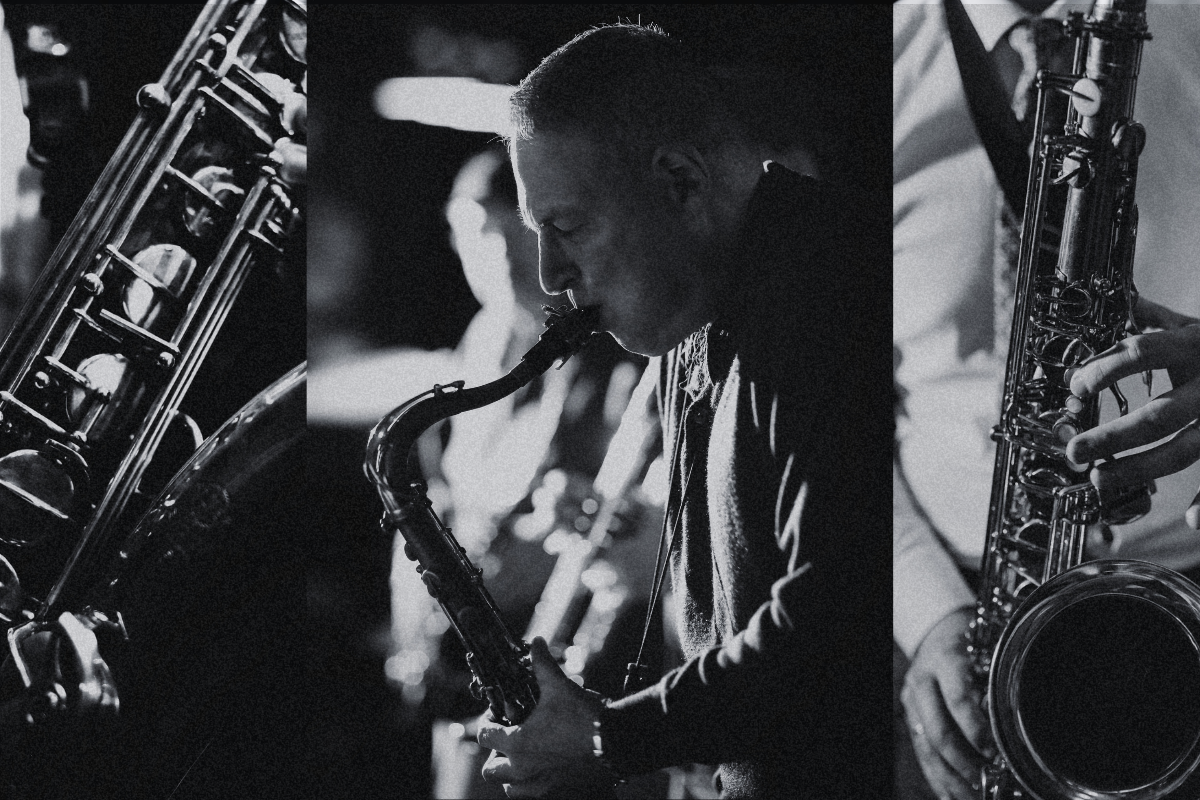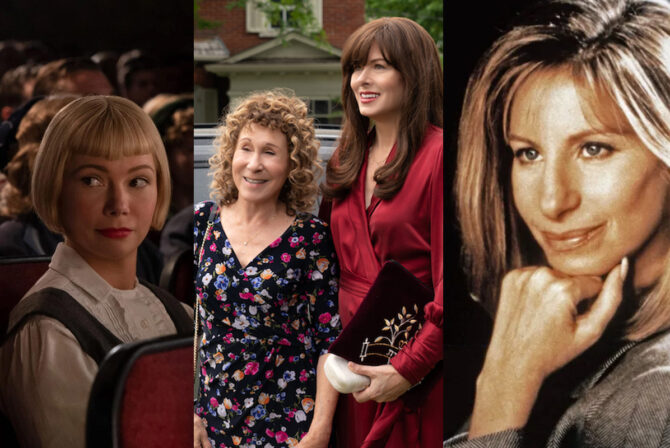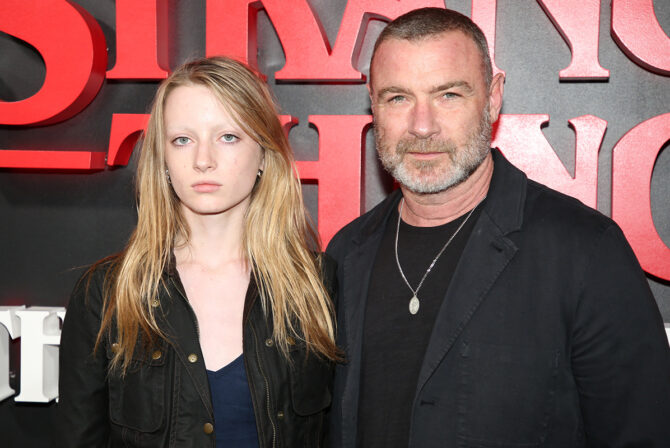How did a Jewish kid from the Bronx wind up playing saxophone around the world with Latin jazz legend Tito Puente?
The story of Mitch Frohman is one of the many fascinating tales featured in the new special “Mambo Legends: The Music Never Ends,” directed by Mari Keiko Gonzalez and streaming now on PBS.org.
The film profiles several musicians who are committed to keeping the music of the great Cuban bandleaders — Machito, Tito Puente and Tito Rodriguez — alive for fans and future generations.
Frohman, a seven-time Grammy Award winner, is considered to be one of the top saxophonist/flutists in the music industry. For 25 years, he was a soloist with the Tito Puento Orchestra & Latin-Jazz Ensemble. These days, Frohman is the sax/flute soloist of The Mambo Legends Orchestra, founded by the former all-stars of the Tito Puente Orchestra.
“Tito played for everybody– from kings and queens and all types of ethnic groups and colors and races and creeds,” he told Kveller. “And for the poorest of the poor to the richest of the rich and everybody in between. That was kind of the beauty of this era that we did.”
A Bronx native, Frohman had a love of music from a very early age.
“My parents had an accordion in the house when I was very, very little, and I remember taking a few lessons and playing it, and playing the xylophone and glockenspiel in some of the school plays, and started the saxophone in junior high school. The schools then had music programs, which is not the case now, and I auditioned for the band.”
Frohman’s parents weren’t overly religious, but his family did like to follow Jewish customs, especially with their parents. During the PBS special, Frohman jokes that his parents were like the “Jewish Jeffersons,” moving from where they grew up in the South Bronx to Pelham Parkway when he was born, then to Riverdale where he graduated from college.
Frohman was very close with all four of his grandparents, who all lived in the Bronx. “I was bar mitzvahed, as was so many of the Jewish kids in my neighborhood. And when my grandparents were alive, we went over to their house for the Passover seders and stuff like that. But as each one passed away, I was a little less observant.”
After he graduated from college, Frohman kept looking for bands he could gig with — doing everything from performing at a bar mitzvah to a nightclub. He got work in the Borscht Belt, at a few of the Catskills Mountains resorts.
“I remember it was myself and a piano player, just playing some background music for the older crowd. We would finish by midnight, and then I would go down the road to watch conga drummer Joe Cuba at the Pines Hotel, who let me sit in with his band.”
Frohman found out Tito Puente’s band worked all the time and needed subs. “I introduced myself to Jimmy Frisaura, when I found out one night where Tito was playing. Jimmy was the original trumpet player and Tito’s partner and manager of the band, and he invited me to sit in with them, learning the music.”
After just a few months, Puente’s band called him to play on a paying gig, which shocked and excited Frohman.
Performing with Puente was a life-changing, magical experience. “We traveled and played all over the world while sharing our culture with many other people. I became the regular sub on both alto saxophone and tenor saxophone. And then after subbing regularly for a year, somebody left and they asked me to join the band, and I was with Tito’s band for 25 years! He was a musical genius!”
After watching the documentary, Frohman hopes viewers will have a new appreciation for this kind of Latin music.
“It is my hope that audiences will enjoy learning about the history of this era, which didn’t just start when the word salsa came into vogue. It’s important to continue to educate the world by spreading the word about this culture.”
Frohman has played all types of music, recording with Paul Simon, Cindy Lauper and David Byrne from The Talking Heads. And as it turns out, he’s also the saxophone soloist for the iconic theme music of the HBO television series, “Sex and The City.”
“After the show came out — I didn’t have HBO at the time — a friend of mine that did have the network called me and said, ‘I’ve been watching this TV show, and the saxophone solo on the theme music sounds like you. Did you ever do this recording for these people?’ And I listened, and knew it was something I worked on.”
Frohman said that while that gig has been good for his bio, publicity, bands and for him personally, “the frustrating thing is to not have received the proper royalty fees around the music, which is still being played somewhere in the world every day and has been for the last 25+ years.”
Nevertheless, Frohman makes the most of the situation, as he continues to play with joy wherever he appears.
“Mambo Legends: The Music Never Ends” is available on all station-branded PBS platforms, including PBS.org and the PBS app.
If you would like to Mitch Frohman perform live, check out http://www.mitchfrohman.com/events.html








